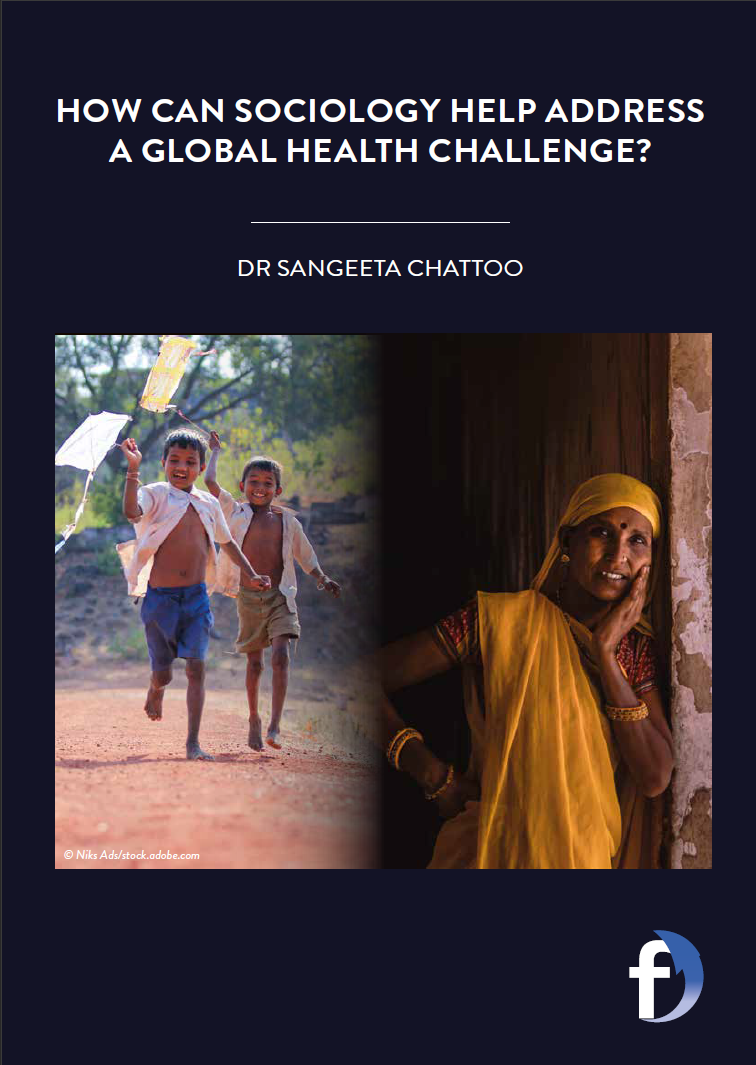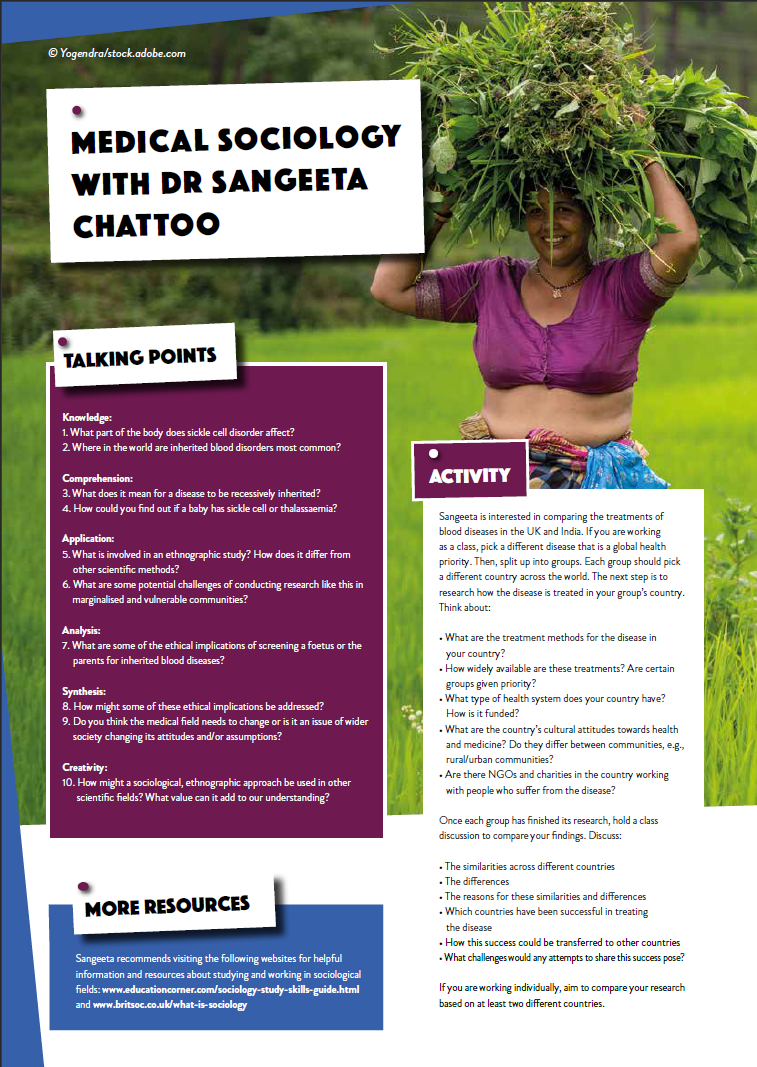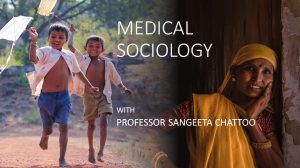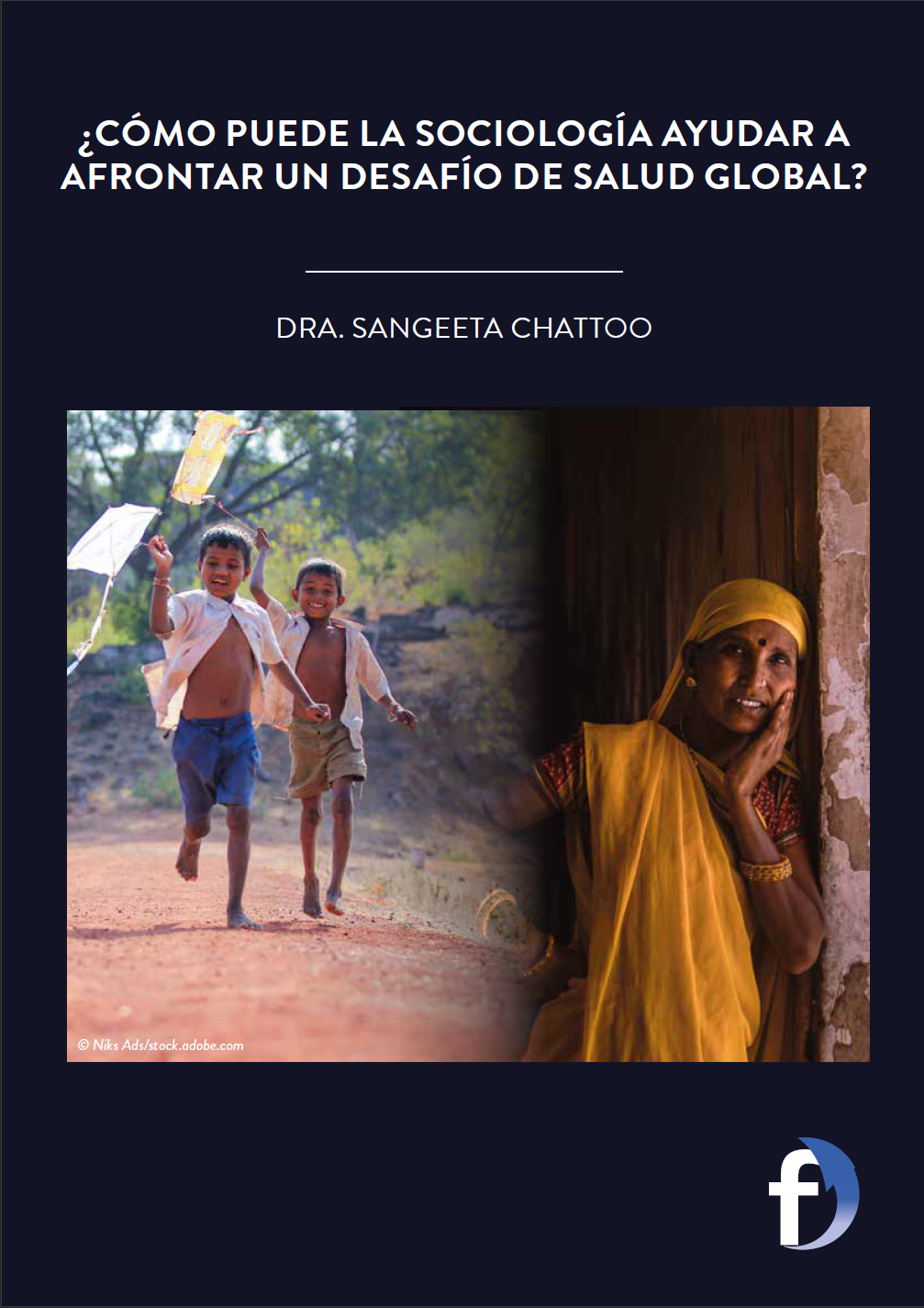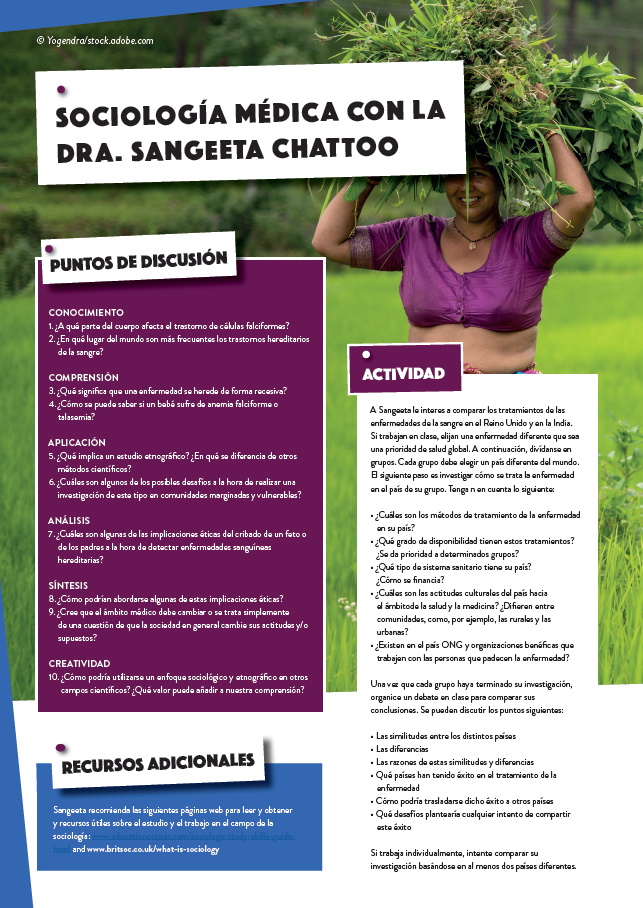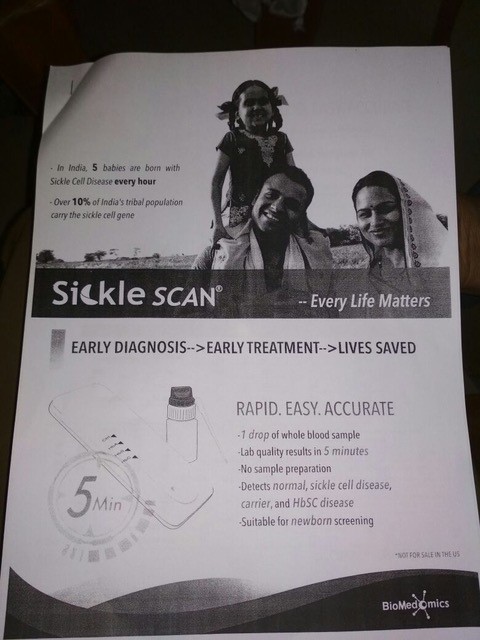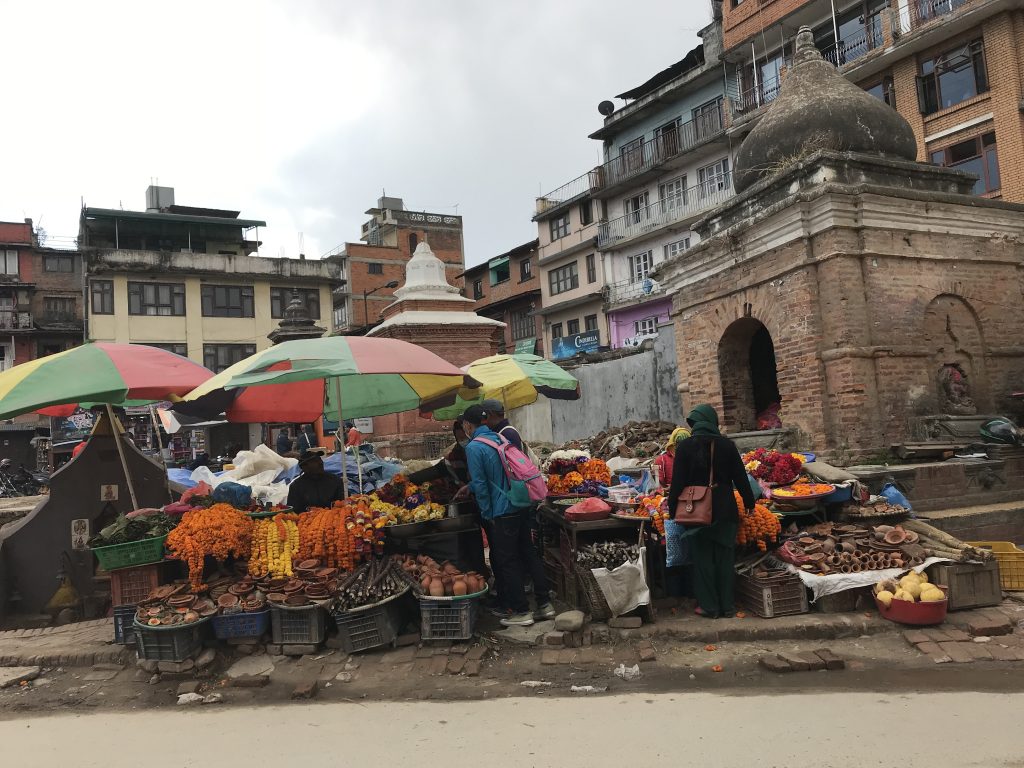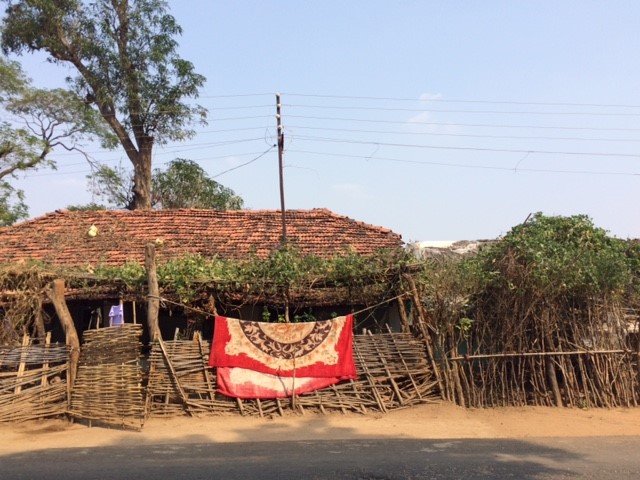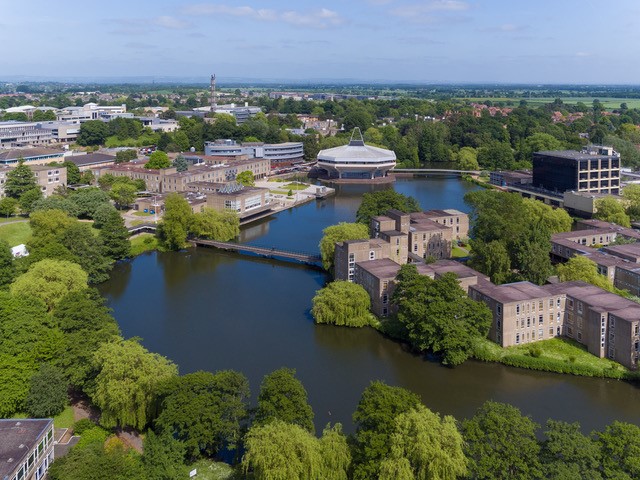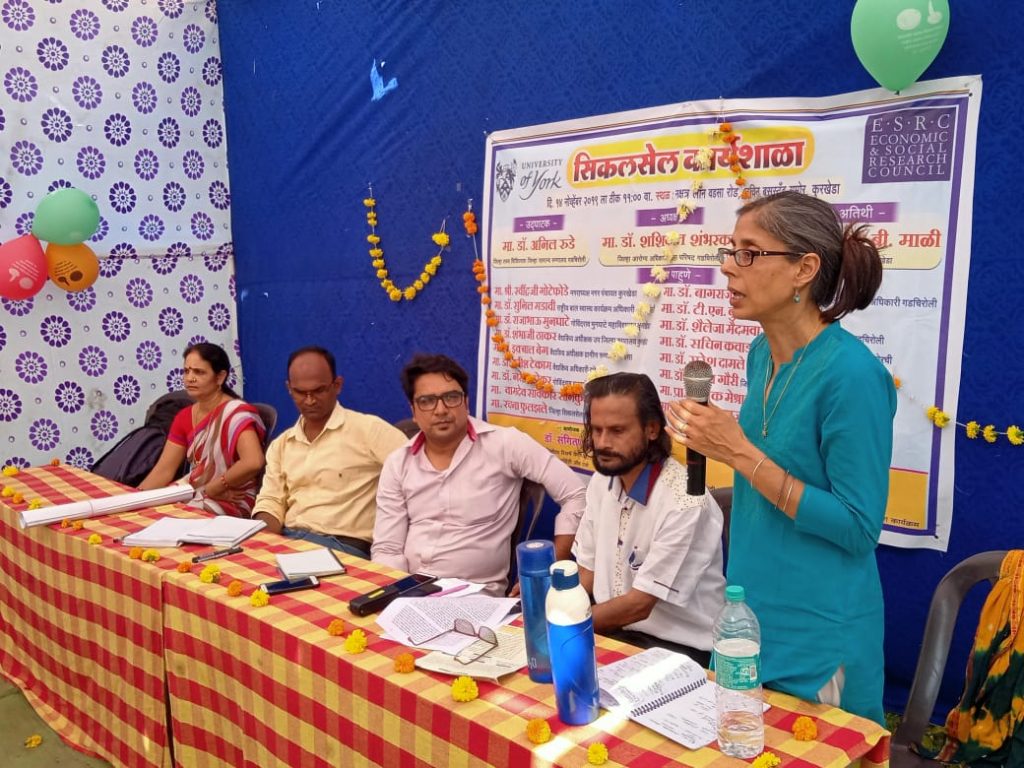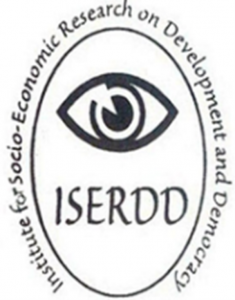How can sociology help address a global health challenge?
Dr Sangeeta Chattoo, from the University of York, in the UK, is on a quest to better understand one of the complex global health challenges: inherited blood disorders (IBD). She is using a sociological and an ethnographic approach to health to better understand the links between policy interventions, health outcomes and race, ethnicity, caste, tribe and gender across low- and middle-income countries such as India and Nepal
TALK LIKE A MEDICAL ANTHROPOLOGIST
ETHNOGRAPHY — a research method that uses in-depth qualitative tools to understand and analyse an aspect of social and cultural life, institution or human experience
RECESSIVELY INHERITED DISORDER — a disorder resulting from a person inheriting two mutated genes, one from each parent
SICKLE CELL DISEASE — an inherited blood condition that affects the structure of red blood cells to take a ‘sickle’ shape, affecting the supply of oxygen in the body
CASTE — a form of social ranking or grouping in some societies often based on factors such as occupation or economic position
THALASSAEMIA — an inherited blood condition that affects the capacity of red blood cells to produce enough haemoglobin
HAEMOGLOBIN — a protein in the red blood cells that gives blood its red colour and transports oxygen around the body
INVISIBLE DISABILITY — a non-visible condition, including neurological, mental or physical, that can challenge or limit an individual’s senses, activities or movements
ALLELE — a variant or form of a given gene. A baby inherits two alleles of each gene, one from each parent
ANAEMIA — a condition where a person does not have the right quantity or quality of red blood cells to carry oxygen around the body. It often leads to fatigue and weakness
GENOMICS — the study of all the body’s genes (genome), the interaction of these genes with each other and the person’s environment
We do not always give much thought to the blood moving around inside our bodies, but our red blood cells are absolutely vital. In fact, the human body manufactures around 17 million red blood cells per second!
Sickle cell and thalassaemia are severe, recessively inherited blood disorders which affect the function of red blood cells. The prevalence of these disorders is higher in low- and middle-income countries where malaria is endemic. India is estimated to have the highest number of carriers of these disorders in the world. However, only a very small percentage of these people receive the care they need.
Dr Sangeeta Chattoo, of the Department of Sociology at the University of York, has studied the practices and policies concerning blood disorders. Her ethnographic research focuses on the lived experiences of sickle cell and thalassaemia patients – especially in poorer families with limited access to healthcare services. People who have sickle cell disease produce unusually shaped red blood cells, which do not live as long as healthy blood cells and can block blood vessels. A person with thalassaemia produces either no or very little haemoglobin, which is used by red blood cells to carry oxygen around the body.
These blood disorders can result in very severe, lifelong health conditions, including anaemia. Sickle cell can be diagnosed at different stages of life, although babies can currently be tested as soon as they are born using a ‘heel-prick’ test. A ‘prenatal’ test can identify if a foetus has either of these conditions. If the prenatal test is positive, parents often face the difficult decision of whether to continue or terminate the pregnancy.
RECESSIVELY INHERITED
For a baby to have the disorder, they must inherit two alleles of the gene – one from each parent. When babies inherit only one copy of the gene, they are considered a ‘carrier’. Carriers do not have the disorder but can pass on the gene to their children. This can further complicate the probability of risk.
“If both parents are carriers, there is a 25% risk that the baby may inherit the condition, a 25% chance that it will be healthy and a 50% risk that it will only be a carrier,” Sangeeta explains. If both parents have the condition, their children are at a 100% risk of inheriting the disorder. But, if one parent has the condition and the other is only a carrier, the likelihood reduces to 75%. Although all these percentages may seem a little confusing, information about genetic risk can have major implications for individual life choices and procreation.
QUALITATIVE RESEARCH
Ethnographic studies use in-depth research methods to better understand an aspect of social life. An ethnographer tries to gain insight into people’s real-life experiences, mapping relationships, conducting interviews and everyday observations. This contrasts with research that uses experimental situations or theoretical hypotheses not derived from fieldwork. Researchers like Sangeeta can combine qualitative and quantitative methods such as demography surveys, census and secondary data for triangulating findings.
Sangeeta wanted to understand the experiences of people in India who are suffering from sickle cell and thalassaemia, as well as the experiences of their families and the non-government organisations (NGOs) that support them. Her team analysed policy documents, interviewed policymakers and healthcare practitioners, and shadowed NGOs. The researchers also interviewed patients and close relatives two to four times over a period of two to three years, to find out about diagnosis, treatments, reproductive decisions, education, employment, and impairment and disability issues.
RESULTS AND RECOMMENDATIONS
Sangeeta’s team found that community screening has improved access to diagnosis and information about inherited blood disorders at the sample sites. However, this does not always result in better medical care. Disability assessment tools often ignore invisible disabilities suffered by people with sickle cell and thalassaemia disorders (for example, the psychological and cognitive effects of the disease.
Sangeeta also highlighted lots of ethical issues. Genomics, the study of the body’s genes and their functions, can be used to identify and diagnose blood disorders. However, Sangeeta is sceptical of the promise of genomics and its benefits. “It assumes that the transfer of stem-cell and prenatal technologies will somehow magically improve health outcomes and alleviate the ‘burden of disease’ in low- and middle-income countries,” she states. Genetic technologies are expensive, and they can reinforce existing socio-economic inequalities.
Another ethical issue the research identified is that treatment and intervention often focus heavily on preventing new births by sickle cell and thalassaemia carriers. “This emphasis can reinforce existing negative attitudes and stigma of being a carrier or having a blood disorder in the family,” Sangeeta explains. The public health posters and leaflets in circulation often show negative images of children with blood disorders being a burden on families, which increases this stigmatisation.
One of the most complicated issues that Sangeeta’s research raised was about the ‘framing’ of choices for parents accessing state welfare. In several states in India, pregnant women must undergo mandatory carrier screening for sickle cell and thalassaemia. This means that the poorest and most marginalised, less literate women are more likely to be targeted for national development goals, such as population control, as a means of eliminating child mortality and genetic disorders. Focusing on the people rather than policy targets, can have a positive impact on the way society sees and values people with genetic impairments and related disabilities.
Instead of focusing on a poor prognosis at birth, Sangeeta believes that healthcare practitioners should be educated and trained in recognising the variability of sickle cell and thalassaemia disorders and improving access to basic medical care. Her research also calls for a wider discussion about the idea of ‘preventing birth defects’ in relation to the citizenship laws and legislation protecting the rights of people with disabilities in India.
KEY SUCCESSES
Because of the COVID-19 pandemic, Sangeeta’s team faced many challenges due to safety and travel restrictions. However, the team had built relationships of trust with the research participants over several years. The researchers also developed strong partnerships with clinicians and NGOs, which will be essential to improving treatment protocols in the future.
Sangeeta explains that her research has not yet directly influenced policy because of the complex federal healthcare system across India. Instead, working closely with key clinicians and NGOs, ‘safe practice care toolkits’, written in local languages for patients and parents/family carers, are being developed. These toolkits will help share knowledge and protocols for safe practice to be followed by key clinicians locally, in similar low-resource settings.
Sangeeta’s research focuses on a pressing global health issue. Her work is urgent, and her methods capture the complex and sensitive social, cultural and ethical and policy issues and implications. Sangeeta’s sociological approach to medicine as a form of knowledge and practice is vital for scientific progress, which also looks after the well-being of vulnerable patients.
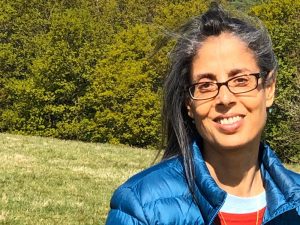 DR SANGEETA CHATTOO
DR SANGEETA CHATTOO
Senior Research Fellow, University of York, UK
FIELDS OF RESEARCH: Medical Sociology, Medical Anthropology
RESEARCH PROJECT: Understanding the ethical and social implications of treating and preventing inherited blood diseases
FUNDER: Economic and Social Research Council (ESRC)
ABOUT MEDICAL SOCIOLOGY
Sociology is a social science that studies social interactions between humans. This can encompass a variety of subjects ranging from family life to religious structures, to workplace hierarchies. A degree in sociology can lead you to many different careers across various sectors including the civil service, health and welfare, culture, education and the charity sector.
Sangeeta uses sociology to understand the societal aspects of medicine and health. This approach is important because it can engage with global health priorities and how these are set, implemented and lived by the people. Sangeeta’s research includes socially disadvantaged and marginalised groups who are at the receiving end of healthcare treatments but who may have been neglected in other studies. Medical sociology research must make sure that global health goals are helping a global community, rather than just select, privileged groups.
Sangeeta used ethnographic methods in her research in India. This enabled her to examine socio-structural inequalities such as poverty, gender, caste, race, tribe and ethnicity. She also compares these different types of inequalities and explores how they interact to impact people’s health experiences and outcomes. “These analyses can inform public and policy debates by introducing a gradual shift in attitudes, advocacy and professional practices at a local level. Hence, rather than directly trying to policy at the top, we followed an innovative, approach to change,” explains Sangeeta.
WHAT ARE THE REWARDS AND CHALLENGES WHEN ENGAGING WITH HEALTHCARE PRACTITIONERS AND POLICYMAKERS?
Working with healthcare practitioners and policymakers involves challenging their (and the researcher’s own) assumptions, while also understanding the power dynamics involved.
“You have to take a stance on whose voice/case you want to prioritise and how you negotiate the other relations in the field,” says Sangeeta, who often works alongside marginalised communities.
Reference
https://doi.org/10.33424/FUTURUM298
OTHER ACADEMIC TEAM MEMBERS ON THE IBD PROJECT:

PROFESSOR KARL ATKIN
Professor, Department of Sociology
www.york.ac.uk/sociology/our-staff/academic/karl-atkin/
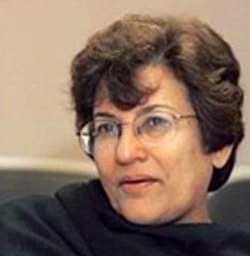
PROFESSOR VEENA DAS
Krieger-Eisenhower Professor; Interim Director for Graduate Studies
www.anthropology.jhu.edu/directory/veena-das/

PROFESSOR MAYA UNNITHAN
Professor of Social and Medical Anthropology
www.profiles.sussex.ac.uk/p2755-maya-unnithan
WHY WOULD YOU RECOMMEND A CAREER IN SOCIOLOGY TO STUDENTS?
Sociology is a unique way to study the social world we live in. “Sociology teaches you about social life, the world we live in, what brings us together as well as the divisions, differences and disadvantages that set us apart,” says Sangeeta. The subject requires many different transferable skills, especially critical reasoning and analytical skills to evaluate evidence, argue your point of view and understand other viewpoints.
Sangeeta uses sociology in the medical field. What field might you bring a sociological approach to?
EXPLORE CAREERS IN SOCIOLOGY
• A career in sociology holds plenty of possibilities, whether you have a general interest in how societies work or an interest in something specific (like health, education, gender, crime, religion or welfare). You can become an ethnographer like Sangeeta or a public policymaker to influence the world around you.
• You can find more information about professions and careers on the British Sociological Association website: www.britsoc.co.uk
• Potential earnings will depend on which field sociology takes you into. According to PayScale, a sociologist in the UK will earn between £23,500 and £36,000 a year, while social workers may earn between £24,000 and £40,000 annually.
PATHWAY FROM SCHOOL TO SOCIOLOGY
• Sangeeta says that studying history, literature, politics, economics, philosophy and anthropology can be useful in pursuing a career related to sociology.
• Sangeeta strongly recommends attending a university open day or a taster session provided by university teachers for schools. Visit the University of York’s departmental website to get an idea of the courses they offer at: www.york.ac.uk/sociology/undergraduate/careers
HOW DID SANGEETA BECOME A MEDICAL SOCIOLOGIST?
WHAT WERE YOUR INTERESTS WHEN YOU WERE YOUNGER?
I enjoyed reading (mainly fiction, but also anything I could lay my hands on), music, debates and walking.
WHO OR WHAT INSPIRED YOU TO BECOME A SOCIOLOGIST?
Growing up in a small town in Kashmir, India, I stumbled upon sociology by accident while applying for my undergraduate degree. It was a new subject, and I was excited by the course content since it seemed to cover everything from religion, culture, kinship, politics, education to science. I absolutely loved it and never looked back.
My grandfather, an educationist, was a major influence who inspired me to pursue a PhD. My parents supported me unconditionally when I moved to Delhi for my higher studies. The academic standards were very high. I struggled and nearly failed my first year of my master’s degree! I persevered, thanks to some of my brilliant teachers who nurtured a passion for thinking critically.
WHAT INFLUENCED YOUR DECISION TO STUDY THE SOCIAL ISSUES SURROUNDING SICKLE CELL AND THALASSAEMIA IN INDIA AND THE UK?
My long-standing academic partnership with my senior colleague Karl Atkin and our mutual interest in ethnicity/race and health in the UK provided an opportunity to work on a project that explored the experiences of thalassaemia and sickle cell carriers and the screening policies in the UK. It was fascinating to think about how the same condition has such different cultural and historical meanings for different ethnic groups in the UK.
In the process, I asked myself some questions: how different would the history of sickle cell disease have been had it first been ‘discovered’ in an Indian body rather than a student of Black African heritage in the US? How are genetic risk and illness managed in the poorest communities where access to state healthcare is not guaranteed? What does living with genetic disorders teach us about how we engage with and address differences embodied in notions of genetic mutations, race, ethnicity and disability?
WHAT HAS BEEN THE HIGHLIGHT OF YOUR CAREER SO FAR, AND WHAT ARE YOUR AMBITIONS FOR THE FUTURE?
Getting a grant from the Economic and Social Research Council to work in India has been an absolute privilege. It broadened the scope of my work and provided me with the opportunity to work with an excellent team of colleagues. My ambition for the next five years is to write a historical biography of sickle cell in India to further explore and document the links between race, ethnicity, tribe and caste, and marginalisation, health and citizenship.
WHAT DO YOU ENJOY DOING IN YOUR SPARE TIME?
Reading, gardening, walking, listening to music and cooking.
SANGEETA’S TOP TIPS
01 Be curious about the social, material and natural spaces around you and how things work.
02 If you have a question, don’t be afraid to ask. Curiosity to learn is a gift for life.
03 Success is a measure of perseverance, patience and hard work (with some luck) rather than intelligence or brilliance.
04 If you are motivated to learn a subject or do something that seems difficult, go for it. Stay motivated and you will get there.
05 Remember, we learn more from our failures than our successes.
06 Always aim for slightly more than what you think you can achieve; that motivates you to try just that bit harder.
Write it in the comments box below and Sangeeta will get back to you. (Remember, researchers are very busy people, so you may have to wait a few days.)

